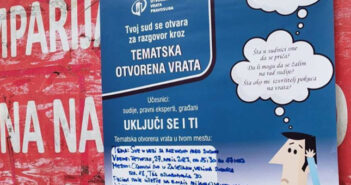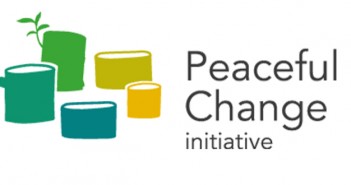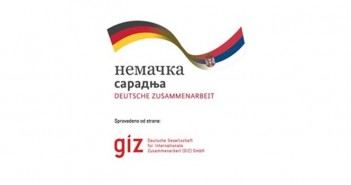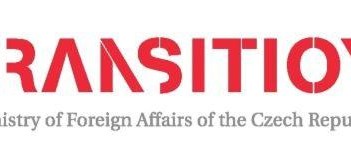
JUSTICE FOR ALL
USAID Justice for All is a five-year activity designed to help the Government of Serbia solve people’s legal problems and satisfy their justice needs by strengthening the justice system and service providers and guaranteeing the rule of law. Justice for All will empower Serbian citizens to know their rights and use the law by fostering partnerships between justice actors and local communities to innovate, problem-solve, and deliver better services. As a result, Justice for All will increase the quality and delivery of justice and transparency of court proceedings, thereby increasing resiliency and contributing to USAID’s overall goal of a more prosperous and democratic Serbia committed to Euro-Atlantic integration and self-reliance.









